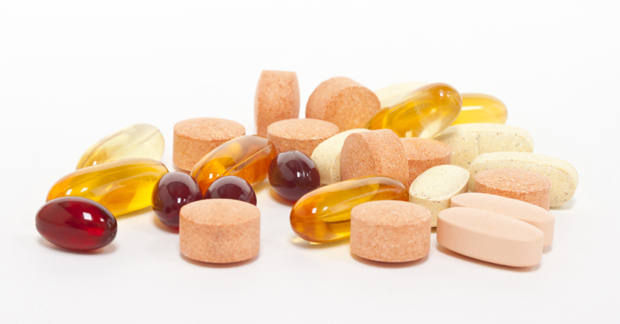Obviously, the goal of all healthcare providers, including the chiropractic management of Carpal Tunnel Syndrome (CTS), is to AVOID surgical intervention, but this is not always possible. Last month, we looked at herbal approaches to reduce inflammation with the focused goal of preventing surgical need. But, chiropractors also care for patients following a CTS surgery, and one of our treatment approaches beyond manual therapies includes nutritional management.
As we all know, during the surgical process, tissue damage occurs due to incisions, removal of injured tissue, and other factors. Depending on the “success” of the surgical procedure, damage to the nerves causing numbness, weakness, and/or other nerve-related symptoms can occur. Often, nerves will regenerate during the healing process but not always 100%. This may be due to factors such as the amount of tissue damaged during the surgery, the length of time CTS had been present before the procedure, how well the patient follows post-surgical instructions, as well as the general health and the overall condition of the patient. A healthy diet, along with certain specific vitamins, can play a positive role in tissue healing and nerve regeneration. Here are some examples:
1. Folate or vitamin B9 has been reported to have beneficial effects on the genes located within the nerve cells that help to regulate the healing process. One study published in 2010 reported that folate helped to promote nerve repair in the central nervous system (CNS) in rats, which is unique as typically nerve damage in the CNS does not usually regenerate. Anti-inflammatory benefits have also been reported with vitamins B6, B9, and B12.
2. Cobalamin or Vitamin B12 has also been reported to facilitate nerve regeneration after injury. This, along with the anti-inflammatory benefits, supports the use of B12 in the post-surgical CTS patient.
3. Vitamin D may also play a significant role in nerve regeneration after surgery. In one study, vitamin D2 was found to have a positive effect on nerve regeneration. Another study reported that D3 and calcium together has strong anti-inflammatory benefits.
4. Vitamin B6: There is evidence that supports the use of B6 both before and after surgery. Some feel B6 acts directly on nerve repair and others report a diuretic (fluid reducing) benefit. One cause and/or complication of CTS is fluid retention, which commonly occurs in conditions such as pregnancy, the use of birth control pills, obesity, diabetes, and others. Thus, keeping fluids in our tissues under control can certainly help CTS patients. Most studies agree that less than 200mg of B6 per day is safe. The dosage should be carefully monitored as numbness/tingling (a common CTS symptom) can be a sign of B6 toxicity.
5. Vitamin C has long been reported to facilitate in the wound healing process. It also is an effective anti-inflammatory agent, a common problem in the cause of CTS as well as a negative post-surgical side effect. A dose of 1000-3000mg/day spread out throughout the day is beneficial to the post-surgical healing process.
6. Vitamin E: As far back as 1967, vitamin E was observed to reduce inflammation. More recent studies report that when used in combination with vitamin C, the two together works even better in reducing inflammation than either one alone. Also, this combination was found to improve the body’s ability to use insulin, which may also facilitate healing in the post-surgical CTS patient.
There are many others we didn’t get to (such as B1, 3, 5; zinc, Bromelain, and Quercetin). Bottom line: Eat healthy, exercise, don’t smoke, and fortify your diet with these nutrients!



